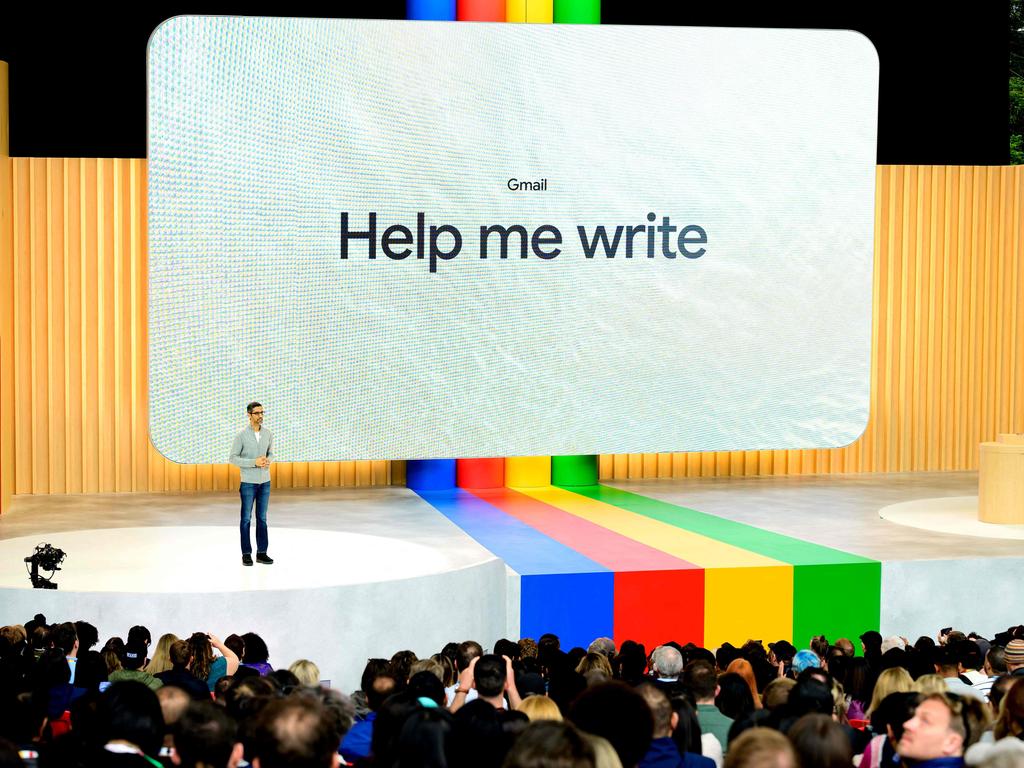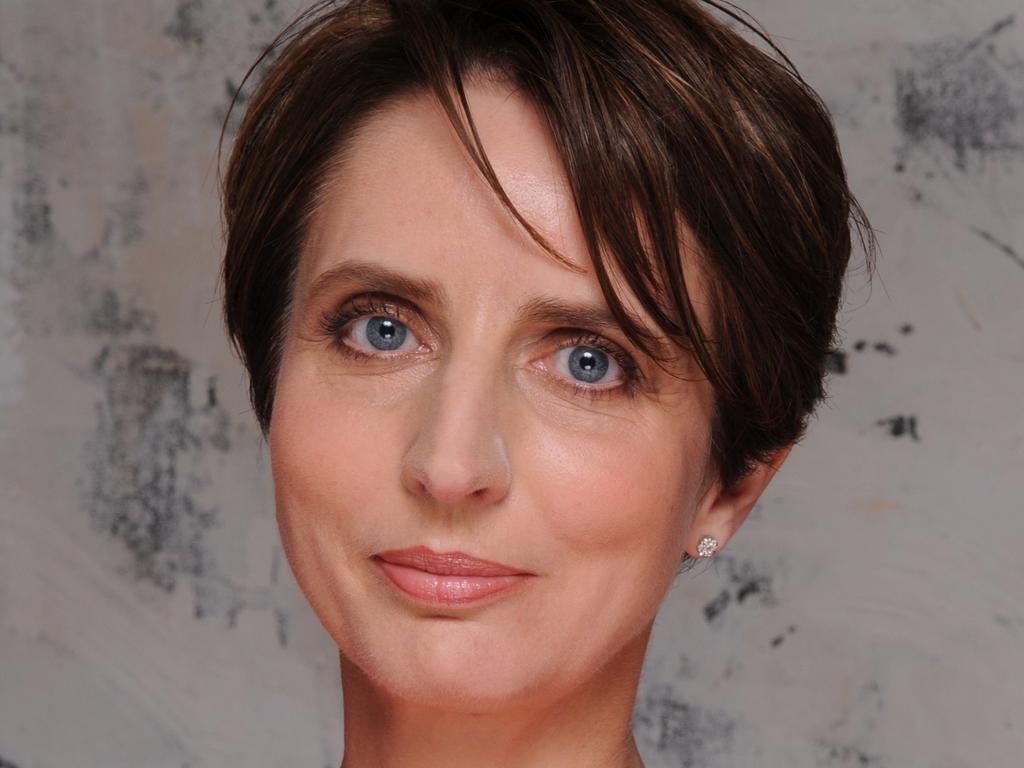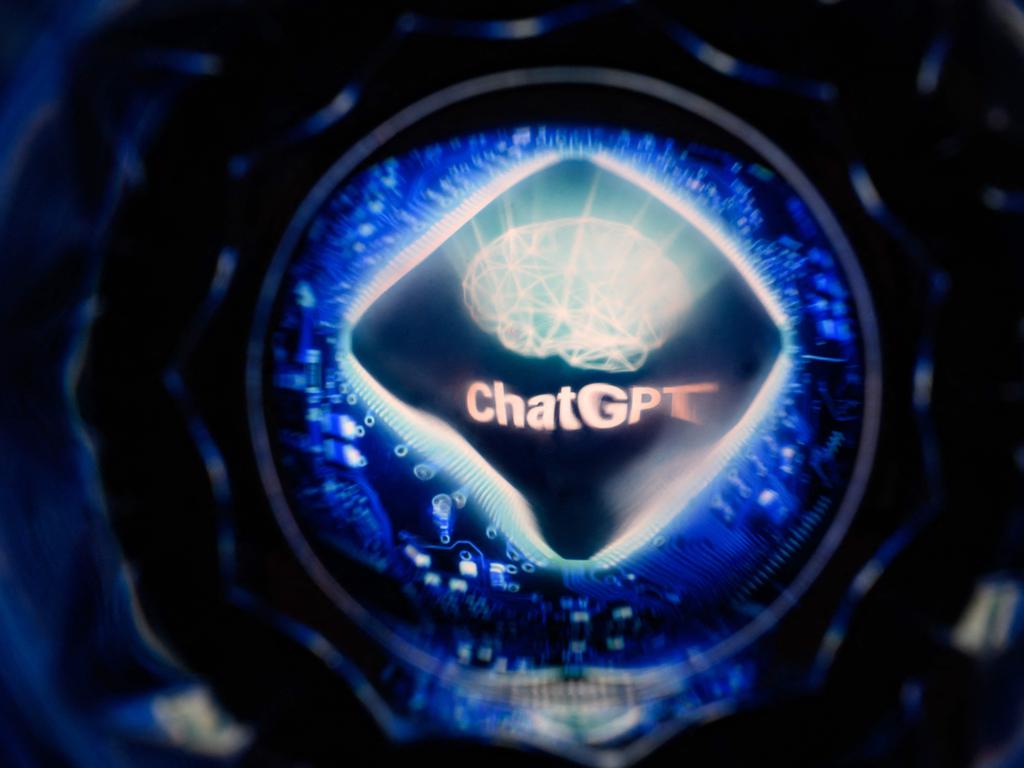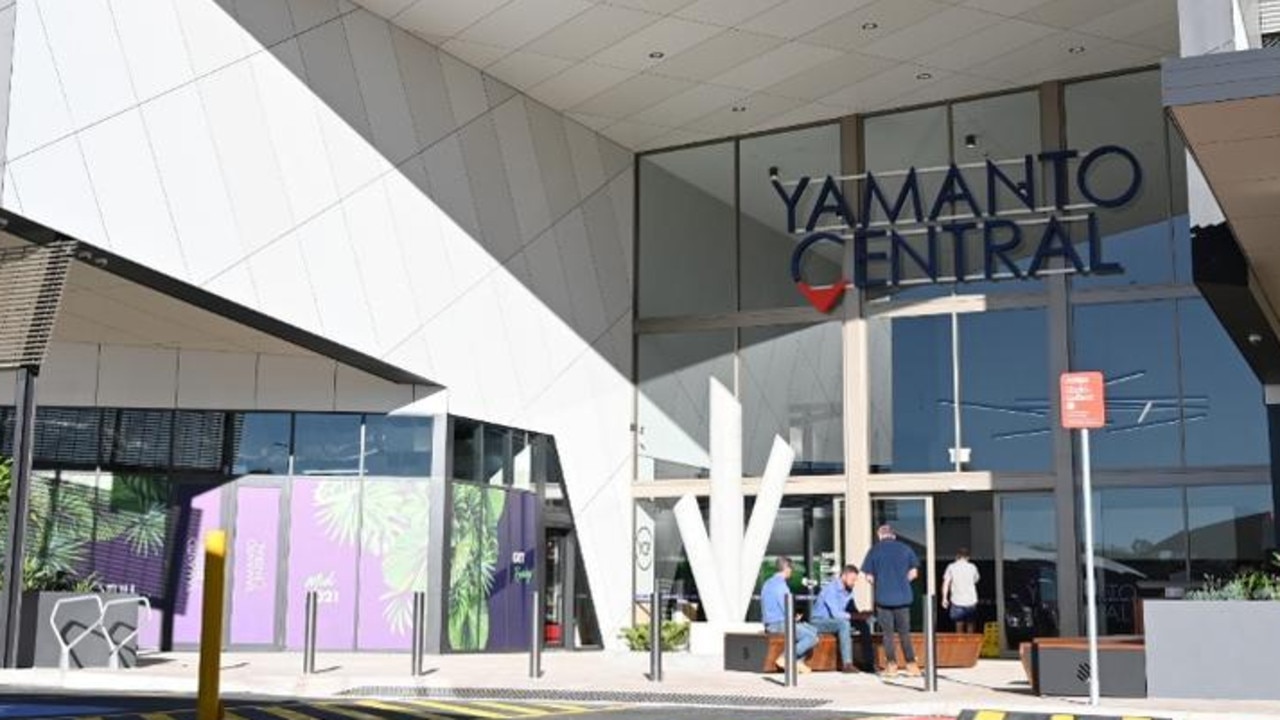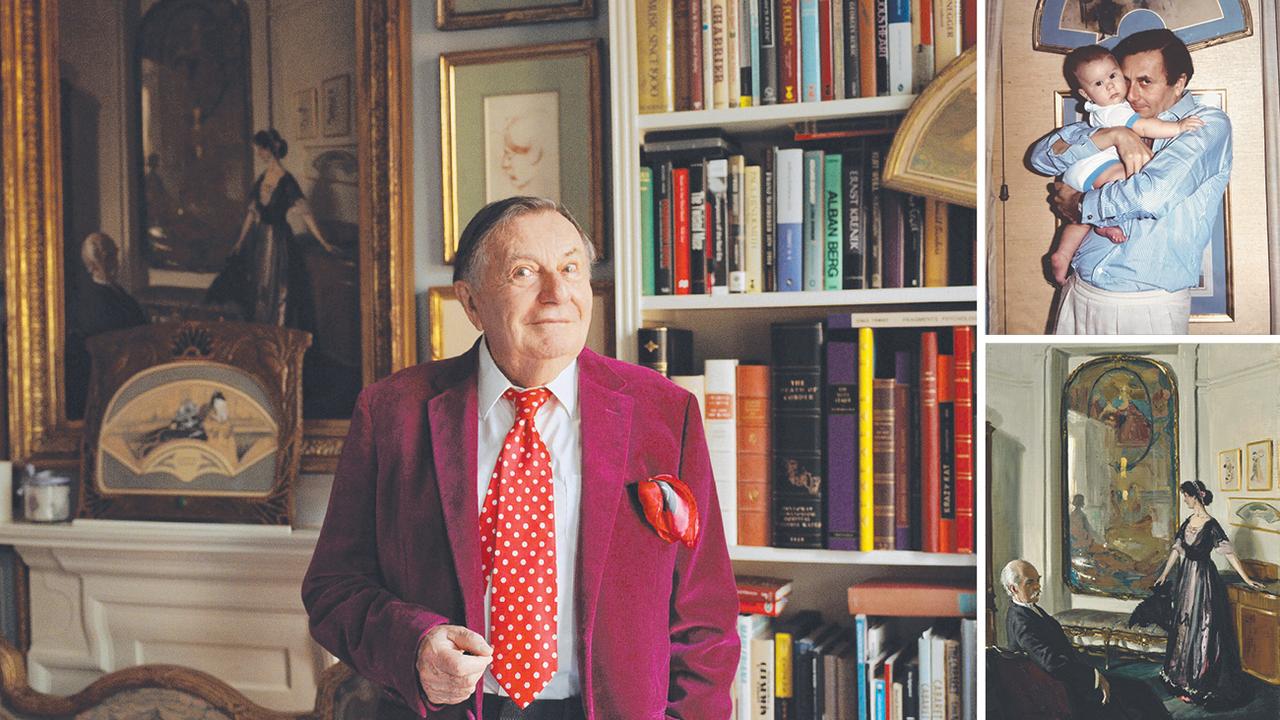It’s HealthGPT as chatbots prepare to enter hospitals
Hospitals are trialling ChatGPT AI to help track performance metrics, such as how long high-risk patients are waiting before being screened.

Hospitals are trialling ChatGPT AI to help track performance metrics, such as how long high-risk patients are waiting before being screened.
This kind of sensitive information could not previously be passed through ChatGPT – the highly successful AI chatbot – because of concerns over confidentiality and intellectual property. However, Microsoft – investors in OpenAI, the company behind ChatGPT – has been tentatively rolling out Azure OpenAI, a service that allows use of the underlying ChatGPT AI, where users can retain intellectual rights and which will not pass information into a pool that could be used to train iterations of the chatbot.
Microsoft said hospital auditing and metric tracking service MARS was one of the first deployable products in Australia that integrated the new AI service. In-house, customised AI chatbots of this kind are of high demand, which industry watchers say will grow quickly. Within the MARS system, the AI suggests questions auditors could ask to satisfy regulatory requirements and following that, suggests steps to meet KPIs.
These functions were not complicated, said Hassan Kani, director of Opus 5K, the Brisbane-based firm behind MARS, but he said the service’s utility lay in its scalability – instead of having to type out individual questions, assign steps, and push that through to internal staff, MARS could do all of that and require only one person to sign off on or slightly tweak its suggestions.
“It may not be telling you anything you don’t already know, but there is that element of efficiency – saying, ‘OK, great, I don’t need to write out this specific task and send it out to a user’,” he said.
“AI will instead populate this for us; we can review and with a click of a button you can spin out eight, 12 actions. If it’s implemented correctly, it could be [a team of middle managers].”
Mr Kani said the AI was tuned specifically for the service and offered hospitals easy ways to further tweak the system.
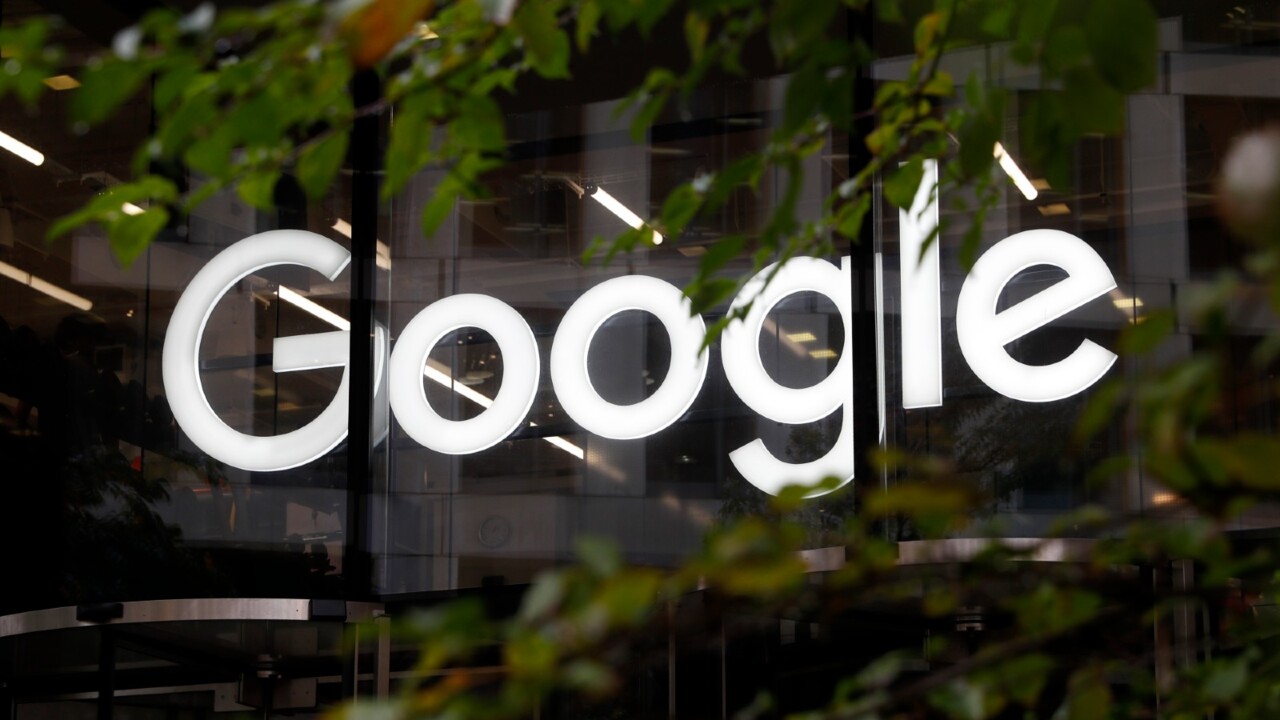
“It’s quite customisable,” Mr Kani said. “We start clients off with a series of defaults that have been fed into the prompts … but they can override those and query that OpenAI service with their own prompts as well.”
He said while the current system was in a strict trial open only to “superusers”, the system would be very intuitive for people not technologically minded.
“They probably wouldn’t even have to know what AI it was,” he said. “We’ve made the interface extremely simple. It’s just a few fields they need to fill in to put in a query, click the button, and then that rushes off to the OpenAI service, and returns the result. They don’t need any kind of technical knowledge to use the system.”
MARS has been used – even before the newest AI integration – by Queensland Health, Tasmania Health and Monash Health.
Microsoft’s Azure OpenAI is not the first actor in the in-house, bespoke, corporate AI space. However, the AI models underlying ChatGPT are the leader in the field and therefore mark the entry of the biggest player into the industry. Microsoft Australia and New Zealand chief medical officer Simon Kos said the company was seeing “a whole raft of really interesting use cases” of Azure OpenAI in healthcare.


